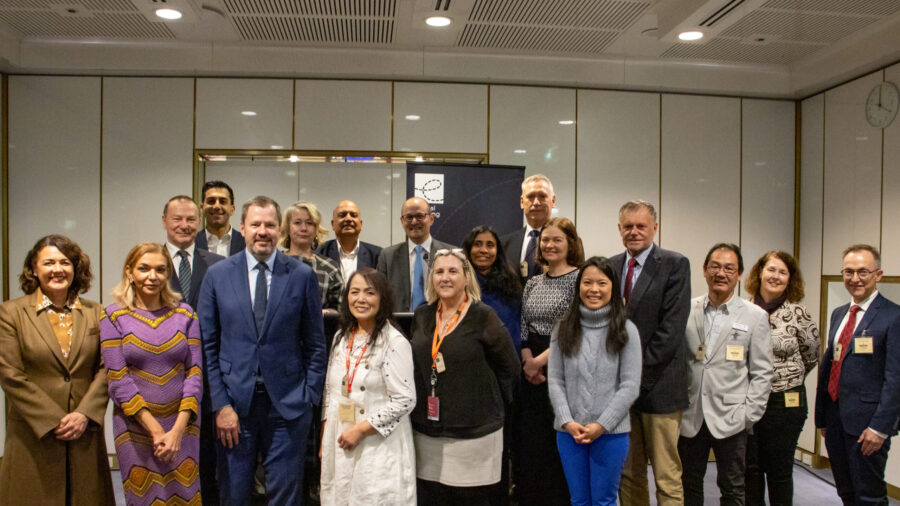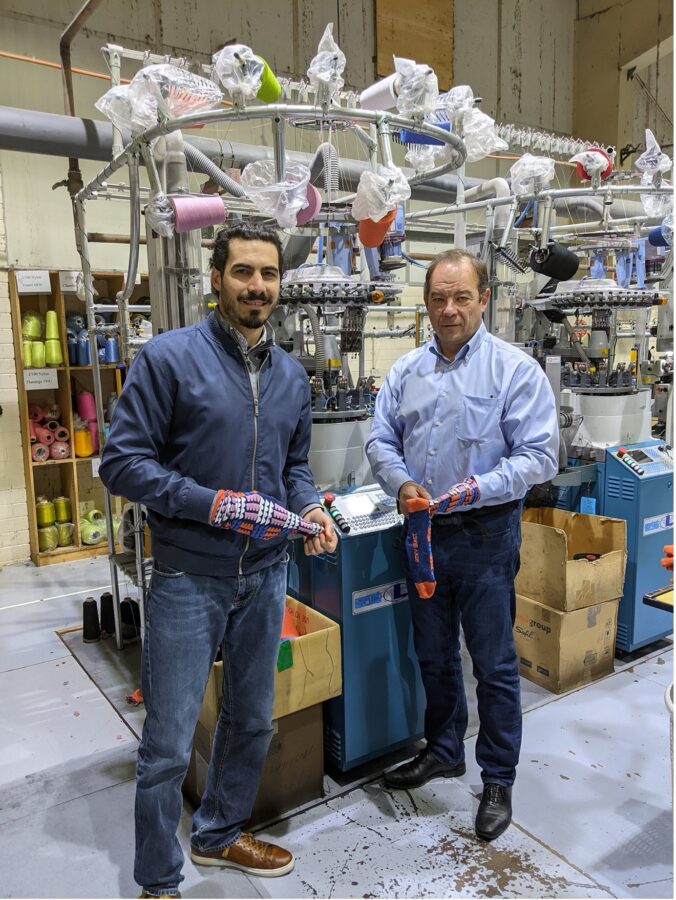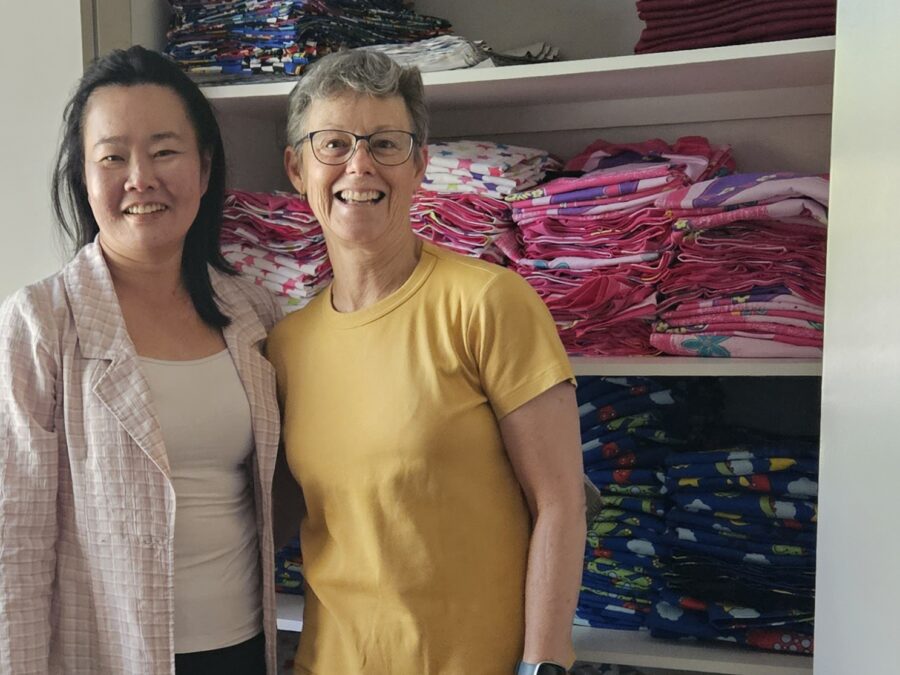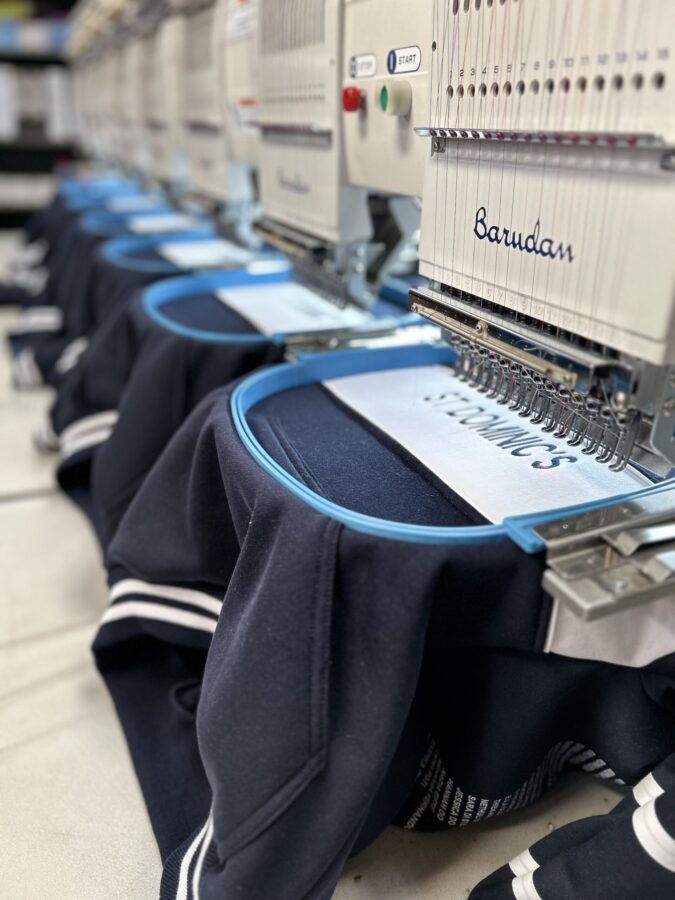NSW ‘Inquiry into the Ethical Clothing Extended Responsibilities Scheme (2005)’

Procurement Update
NSW ‘Inquiry into the Ethical Clothing Extended Responsibilities Scheme (2005)'
Ethical Clothing Australia recently submitted to the NSW Modern Slavery Committee’s ‘Inquiry into the Ethical Clothing Extended Responsibilities Scheme (2005)’.
Our submission highlighted that the complexity of the supply chain structure of the textile, clothing and footwear industry creates significant vulnerabilities for workers, particularly outworkers. This is due to the nature of their working conditions and their invisibility in supply chain management and risk mitigation strategies.We noted that we believe that the Ethical Clothing Extended Responsibilities Scheme 2005 (NSW) has not been consistently enforced since it was issued in 2005. The Scheme imposes a range of mandatory obligations on retailers and suppliers/contractors in TCF supply chains in NSW, to create transparency and to ensure that clothing workers, including outworkers receive their lawful wages and entitlements.
The Scheme is also structured to encourage businesses to voluntarily sign on to Ethical Clothing Australia’s voluntary Code of Practice as an alternative to being required to meet the obligations of the Scheme. This aspect of the design of the Scheme supports the TCF industry as a whole to voluntarily take active and practical steps to ensure their supply chains are ethical from the retailer down. Ethical Clothing Australia believes it is important that any policy setting in this area supports NSW businesses to become accredited with Ethical Clothing Australia and sign on to the Code of Practice.
We recommended that further investment into Ethical Clothing Australia to grow the accreditation program in NSW would be appropriate in support of an ethical local textile, clothing and footwear industry. Further, a policy which mandates Ethical Clothing Australia accreditation to tender for public procurement can support the NSW government in mitigating risk of modern slavery in public procurement.
Related articles
Explore more insights, updates and stories from across Australia’s ethical and local manufacturing industry.










